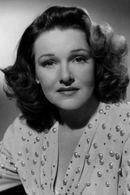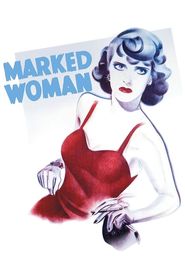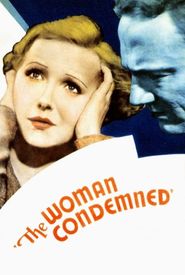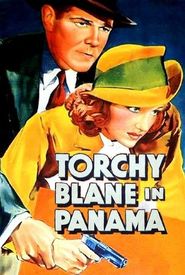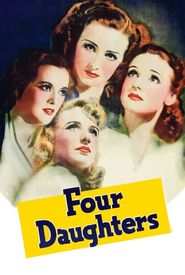Lola Lane, born Dorothy Mullican, grew up in the small town of Indianola, Iowa, where she was suffocating under the constraints of small-town life and yearned to break free and pursue a career in show business. As a rebellious teenager, she scandalized the townsfolk by performing a provocative Charleston dance in front of the church during Sunday service, emptying out the congregation.
She secured her first job as a pianist, accompanying silent films at the local movie theater for a meager seven dollars a week. However, she soon became disillusioned with the work and quit to pursue her passion for music. Her mother insisted she study music in Des Moines, where she spent two years at Simpson College's conservatory. Despite her academic struggles, she was expelled from school, much to her delight.
The next chapter of her life is shrouded in mystery, with various accounts emerging about her discovery by vaudevillian Gus Edwards. According to some, her sister Leota was discovered singing in an Iowa theater, and Dorothy chaperoned her on a trip to New York, where both girls appeared in the "Greenwich Village Follies" on Broadway. Others claim that Edwards discovered her singing in a Des Moines flower shop, or that she wrote to him in New York, borrowed $200, and auditioned at his home.
Regardless of the truth, Dorothy Mullican secured a vaudeville contract for $450 a week, changing her surname to Lola Lane. She toured with Gus Edwards in "Ritz Carlton Nights" and made her Broadway debut in "The War Song" in 1928. Her talent caught the attention of Benjamin Stoloff, who was conducting auditions for his movie "Speakeasy" (1929),and she landed a part in the film.
While never achieving the same level of stardom as her sister Priscilla Lane, Lola had a successful career in Hollywood. She received critical acclaim for her performance in "Marked Woman" (1937) as a tough, hard-boiled nightclub hostess and earned a contract with Warner Brothers. She continued to play similar characters in films like "Gangs of Chicago" (1940) and "Zanzibar" (1940),as well as occasional "potboilers" like "Torchy Blane in Panama" (1938),which inspired the character of Lois Lane, Superman's girlfriend. Lola retired from the screen in 1946.
